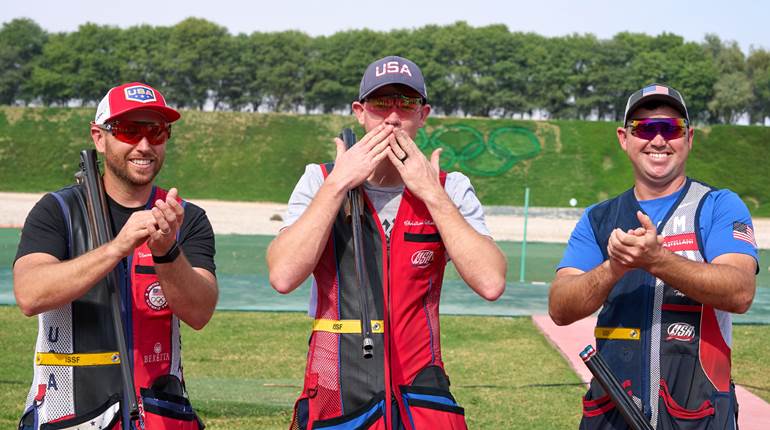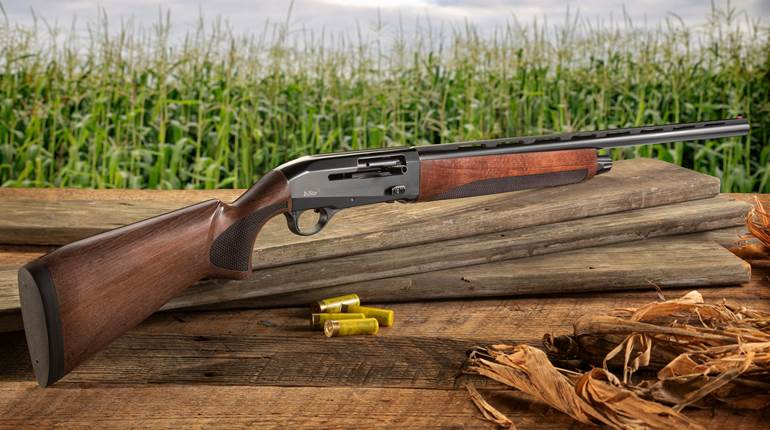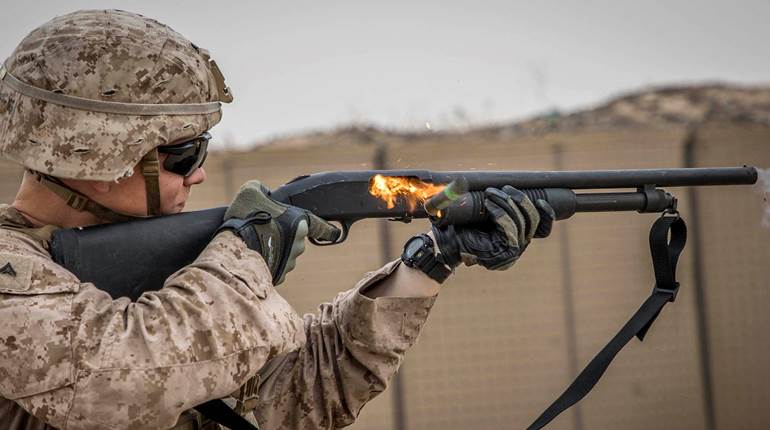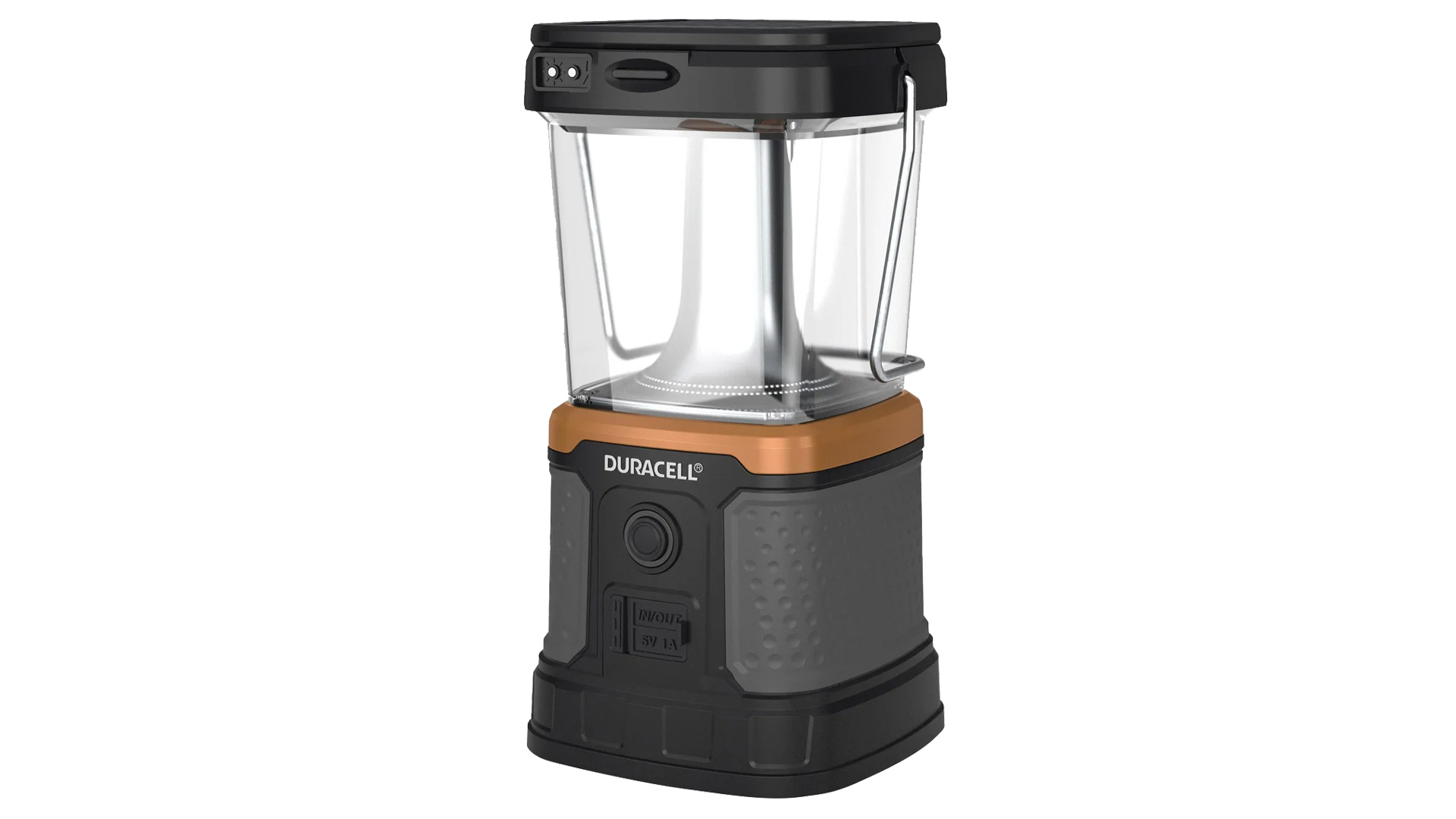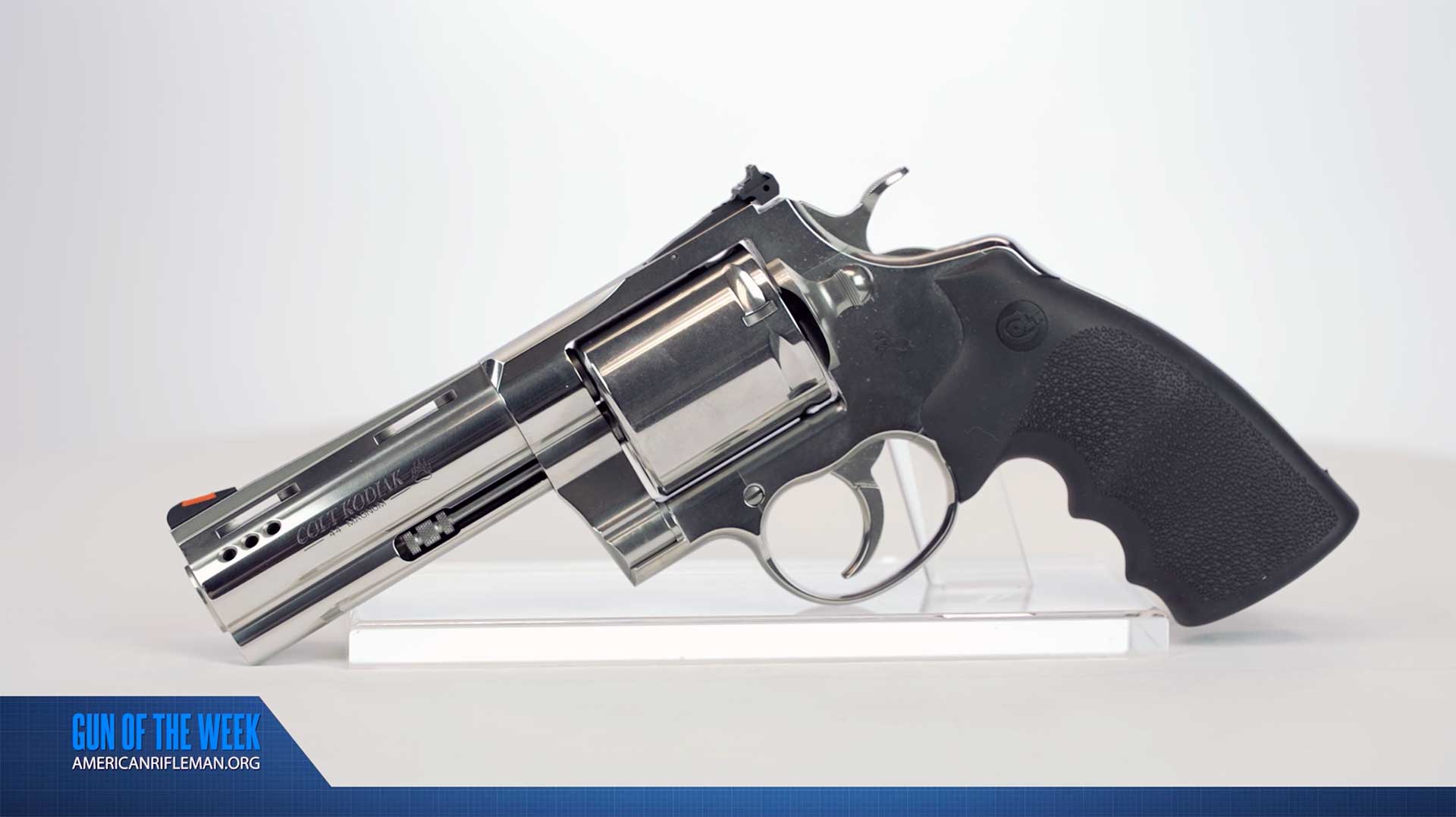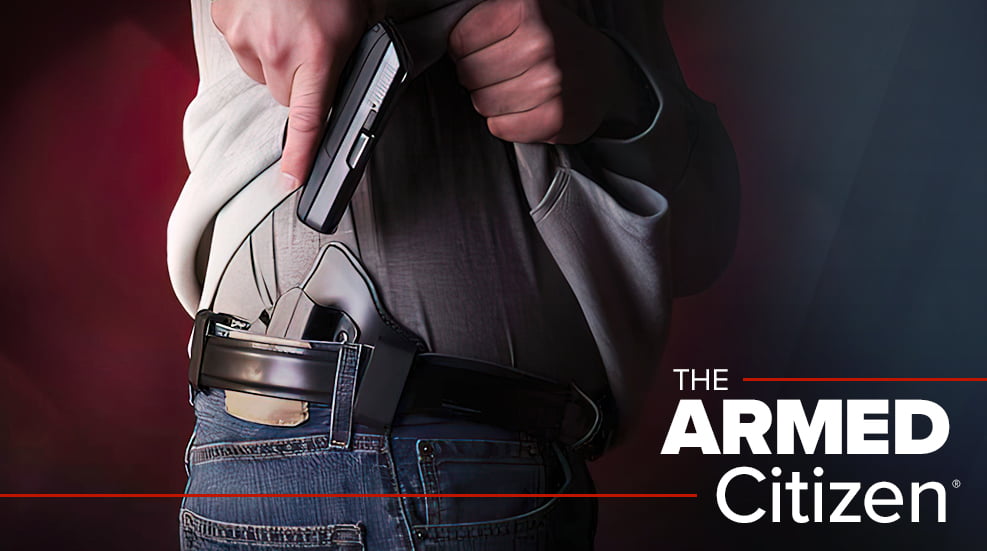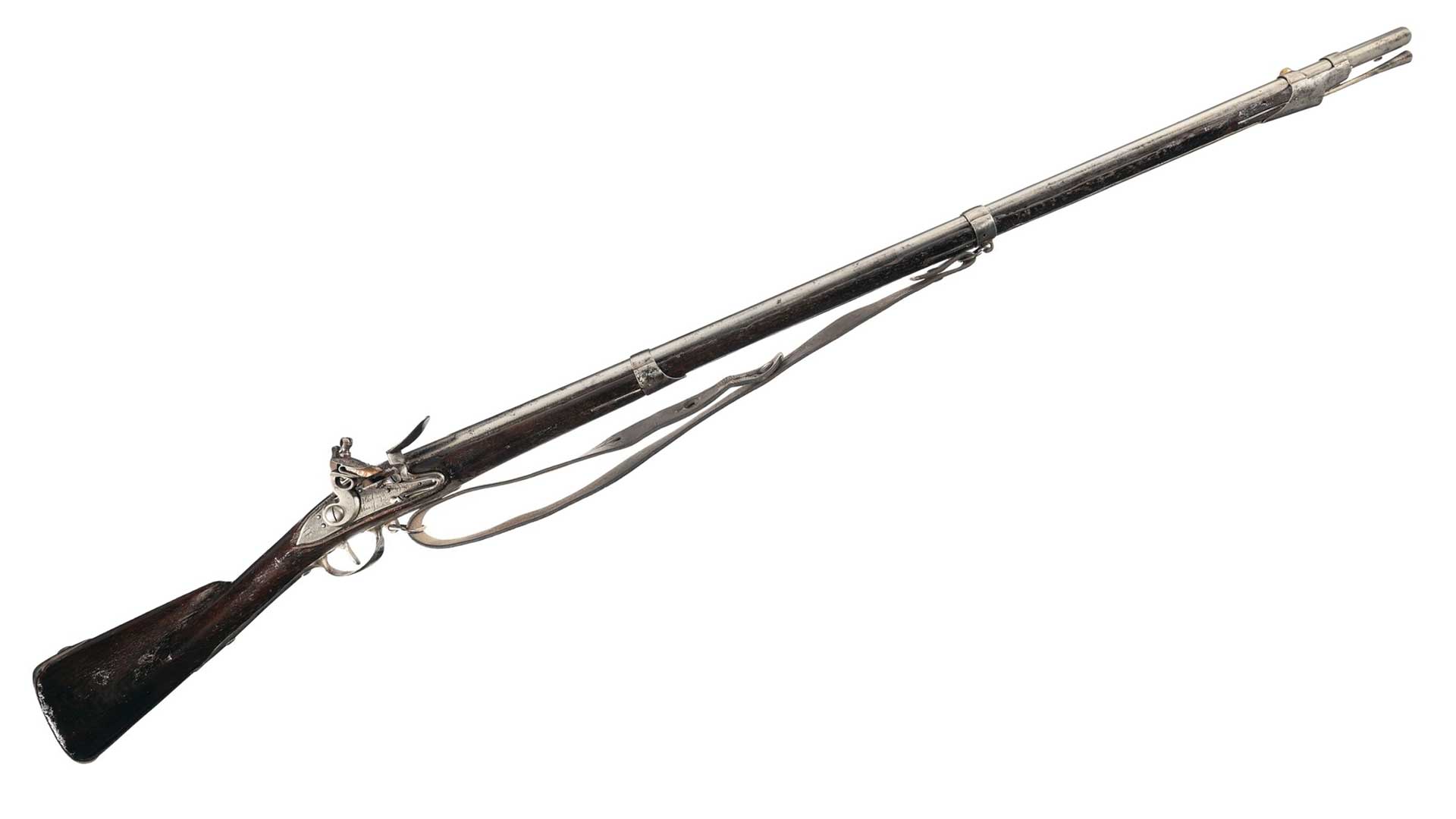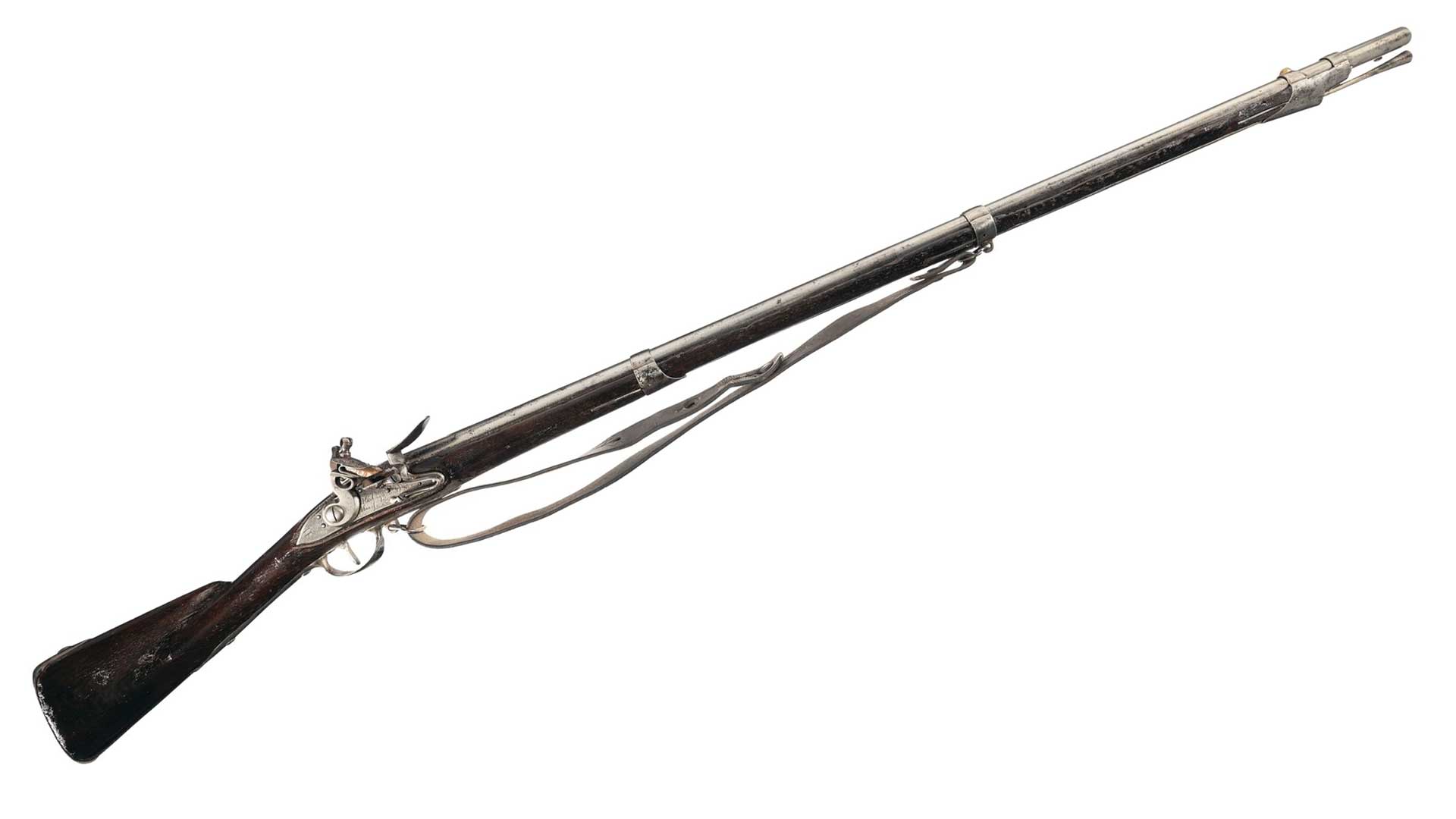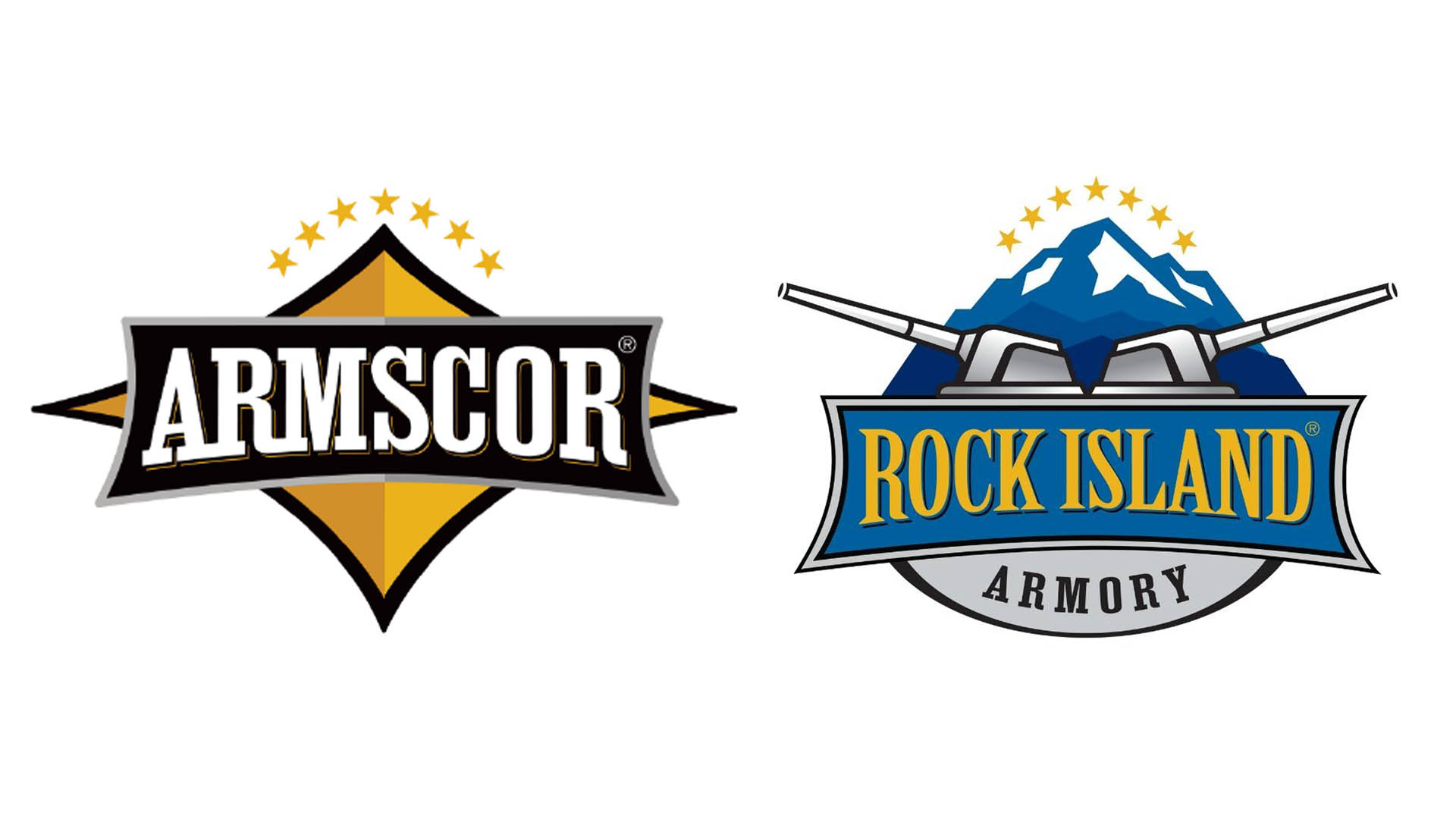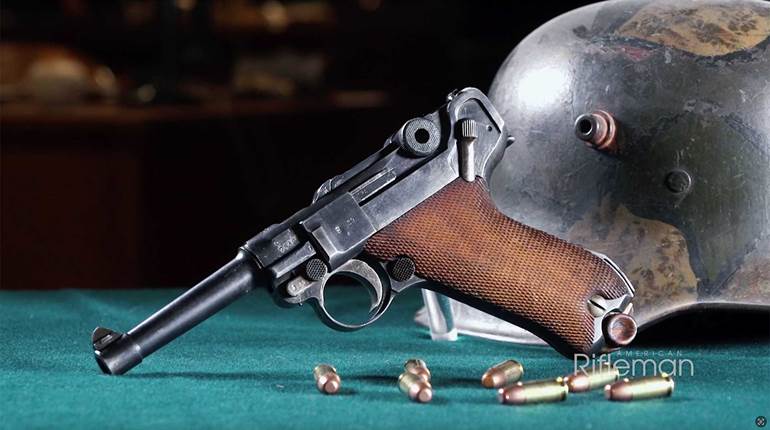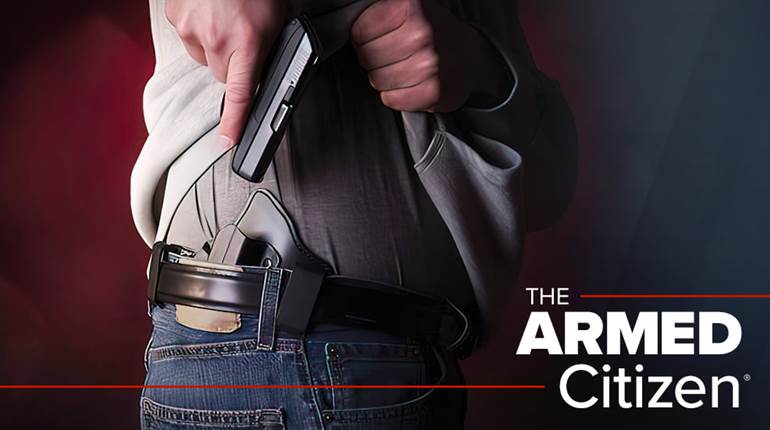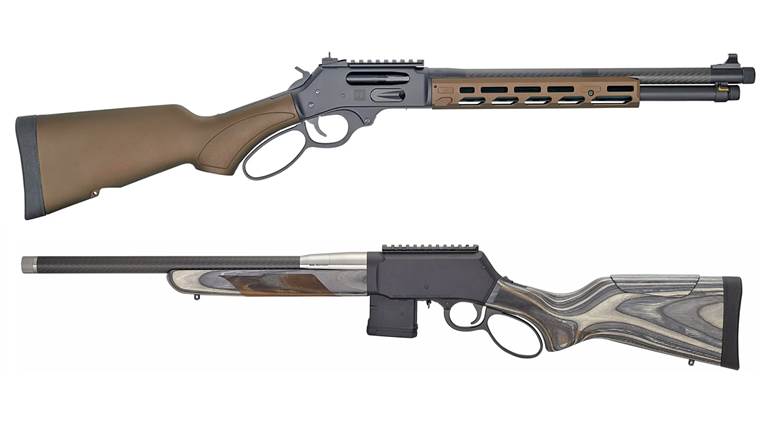
Weatherby, a name synonymous with magnum-chambered rifles, has nonetheless been in the shotgun business since the 1960s, when it first imported Italian-made over-unders. Since that time, Weatherby has maintained a steady, yet subtle, presence in the shotgun marketplace; however, in the past half-decade the company’s stake has grown to such an extent that it’s now a household name for scattergun consumers. The Turkish-made Element, which is reviewed here, is sure to reinforce that reputation.
Weatherby-branded semi-automatic shotguns have been available to American sportsmen since 1972, when the Italian-made Centurion debuted. Consistent with other autoloading shotguns of the era (and earlier), the Centurion featured gas operation. Although the specifics of the company’s semi-automatic shotgun model designations and countries of origin have changed in the past 40-plus years, all had been gas-operated—until now. For its new Element semi-automatic shotgun, Weatherby wisely opted for inertia operation.
Upon firing, the Element’s floating bolt body briefly stays in place while the rest of the gun moves rearward, compressing the bolt head spring. Once the projectile(s) have left the barrel, the bolt head spring decompresses and thrusts the bolt carrier rearward, unlocking the bolt head and extracting the hull. During the bolt assembly’s rearward movement the hull is ejected, the hammer is re-cocked and the recoil spring is compressed, which then propels the unit forward. While moving forward, a shotshell will be collected from the carrier and chambered, after which the bolt head rotates to complete lockup. The operation is both simple and fast.

For the shooter, the primary benefits of the design are ease of maintenance and longevity. First, unlike gas-operated shotguns, which divert a portion of propellant gases for functioning, in inertia-operated shotguns gases are expelled through the muzzle. As such, there’s no residue to clean from action bars/sleeves, ports, pistons, valves, etc. The Element’s bolt assembly has few major parts, to include: the bolt head, bolt head spring, bolt carrier (body), firing pin and spring, and bolt link. Even after extensive shooting a quick wipe down is all that is needed. Also, absent the “extras” needed for gas operation, there are fewer parts to wear and/or break and add mass. Concerning the latter, the 20- and 12-ga. Waterfowler Max-5 versions weigh 6 lbs., 4 ozs. and 6 lbs., 12 ozs., respectively.
The Element’s fire controls are contained within the trigger assembly, which can be removed from the receiver after pushing out a single pin. The cross-bolt safety is triangular in shape and has molded-in checkering to improve purchase. An ever-so-slight bit of red is visible when the safety is in the “fire” position. Movement is positive and results in an audible click. The single-stage trigger on the sample shotgun broke at 7 lbs., 7 ozs., after considerable, somewhat gritty, travel. The cartridge-release button is located on the forward, right side of the receiver. With the hammer cocked, the bolt will not remain locked to the rear unless the bolt latch is activated.

The Waterfowler Max-5’s camouflage-clad barrel, available in 26" and 28" lengths, has a ventilated rib topped with a single, green, fiber-optic pipe for sighting. The 45⁄8"-long-steel barrel extension—into which the rotating bolt head locks up—contains the ejector assembly. Twelve- and 20-ga. Element shotguns use Weatherby’s Integral Multi-Choke (IMC) choke tubes, while the 28 gauge (available only in the wood-stocked Deluxe version) uses Beretta/Benelli Mobil-style chokes. Shipped with the Waterfowler Max-5 are three flush-fitting choke tubes—improved cylinder, modified and full—as well as an extended, long-range steel shot version.
Matching the barrel and receiver, the synthetic “Griptonite” stock is adorned with Realtree Max-5 camouflage. The exceptions are the gray, rubber fore-end and pistol grip inserts, which are designed to enhance purchase, and the tacky, contoured, black recoil pad. The fore-end has a palm-filling swell near its bottom and tapers greatly near its top to provide a secure grip. Although the pistol grip is sized so that even the smallest hands can grasp it, it might be too long to allow a short finger to reach the trigger. At 14 5⁄8", the length of pull could prove problematic for small-statured shooters, too. Spacers are provided to increase the length of pull, and the included shims can change the drop and cast. Lastly, metal sling swivel studs are installed on the magazine cap and the buttstock.

Testing of the sample gun, a 3"-chambered, 26"-barreled, 12-ga. Element Waterfowler Max-5, occurred in multiple phases. First, we headed to a nearby sporting clays course to simulate hunting shots and check operation using two target-style loads: Rio 2¾", 11⁄8-oz., No. 7½ and Federal Gold Medal Handicap Paper 2¾", 1 1⁄8-oz., No. 8. During the two-round, 100-shot course of fire, there were no failures to feed, fire, extract or eject. The Element Waterfowler Max-5 was quick to shoulder, but the tackiness of the recoil pad caused it to snag at times. We found it to point well and swing smoothly—the characteristics of a true waterfowling piece. Although the evaluators weren’t affected by the extended length of pull, we did see where it could be a problem with shotgunners with shorter arms and fingers. When holding the unloaded gun, several smallish shooters (including a youth) could barely reach the trigger.
As the Element Waterfowler Max-5 is designed for pursuing wildfowl, we opted to pattern and chronograph it using the supplied extended, long-range steel choke (0.705") paired with Fiocchi Speed Steel 3", 11⁄8-oz., No. 3 shotshells. Shot from the Element’s 26" barrel, the load averaged 1518 f.p.s.—18 f.p.s. faster than the ammunition’s published velocity. As is evident by the results in the nearby table, the Element patterned well at 40 yds.; however, it consistently massed the No. 3 steel shot high and to the left. As could be expected, perceived recoil with the hard-hitting Fiocchi shells was brisk. Certainly the recoil pad helps, but recoil can only be mitigated so much in a 6-lb., 12-oz. gun.
As a matter of note, the Realtree camouflage-clad Element Waterfowler Max-5 retails for $849, regardless of gauge. An identical model absent the camouflage finish, known simply as the Element Synthetic, retails for $100 less.
For Weatherby it was a prudent decision to offer an affordable, inertia-operated, semi-automatic shotgun. Based upon the positive findings of our testing, we can assert that the Element stands to cement Weatherby’s position among the top shotgun manufacturers.













